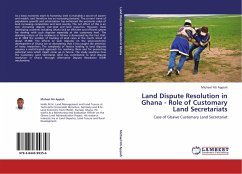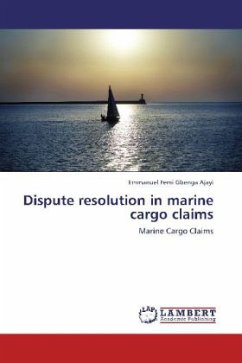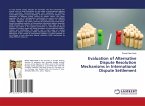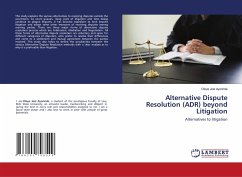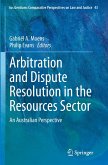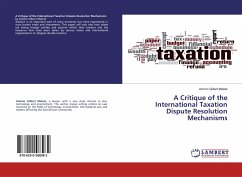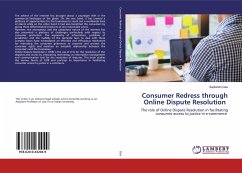As a basic economic asset to humanity, land is invariably a source of power and wealth, and therefore has an increasing demand. The current trend of population growth and urbanization has enhanced the economic value of land increasing competition and land scarcity. The net effect of this is an ever increasing dispute over land and land resources. However, most developing countries including Ghana lack an effective and efficient system for dealing with such disputes especially at the customary level. The alarming nature of the incidence in Ghana is showcased by the fact that, as at 2003 the number of backlog of land cases in the courts stood at about 35,000. The effects of such disputes on the socio-economic development of Ghana are so devastating that it has caught the attention of many researchers. The complexity of factors leading to land disputes requires a multi-faceted approach for resolving them and for preventing potential ones which might come up in future. The study examines how the Customary Land Secretariat (CLS) has contributed to land dispute resolution in Ghana through Alternative Dispute Resolution (ADR) mechanisms.
Bitte wählen Sie Ihr Anliegen aus.
Rechnungen
Retourenschein anfordern
Bestellstatus
Storno

